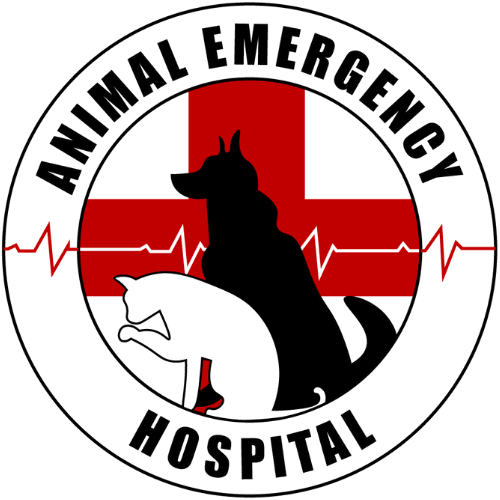Pet Surgery
At Animal Emergency Hospital, we take pet surgery seriously. Our experienced team of surgical experts handles your pet’s procedures with the utmost care and precision.
Pet Surgery
At Animal Emergency Hospital, we take pet surgery seriously. Our experienced team of surgical experts handles your pet’s procedures with the utmost care and precision.
Your pet’s safety is our top priority.
Pet surgery is a specialized area of veterinary medicine that requires the skills and expertise of a veterinary surgeon. Whether your pet needs a routine procedure or complex surgery, it’s essential to find a veterinary surgeon who can provide the best possible care.
What to Expect
Veterinary surgery may be necessary to treat serious injuries, illnesses, or congenital conditions. From spaying and neutering to surgeries on torn ligaments, dislocated joints, or cancerous areas, veterinary surgeons are true specialists in their field.
If we feel surgery may be necessary for your pet, we will speak with you about any necessary pre-operative tests, the expected outcome of the surgery, any potential risks and complications from your pet’s surgery, and, of course, provide you with all of the information you need to help them in recovery.
Choosing a veterinary surgeon
When choosing a veterinary surgeon, it’s essential to consider their qualifications, experience, and reputation. An experienced veterinary surgeon will have the skills and knowledge to perform the procedure safely and effectively and be able to provide the best possible post-operative care for your pet. They should be able to answer all your questions and provide clear and accurate information about the procedure and its potential outcomes.
With the right veterinary surgeon, you can be confident your pet will receive the highest quality of care and have the best possible outcome.
Pet Surgery FAQs
Does pet insurance cover surgery?
For many pet owners, surgery is an unfortunate but necessary expense. However, a good pet insurance plan can help cover some of the costs associated with surgery. Depending on your coverage, pet insurance may cover most or all of the expenses associated with a surgical procedure. Talk to your pet insurance provider to learn about coverage specifics.
What are the most common pet surgeries?
Pet surgery can help our furry friends live longer and healthier lives. Common surgeries include spaying and neutering (to prevent unwanted pregnancies) and removing tumors and cysts. Orthopedic surgeries, such as those to repair torn ligaments or joints, also help keep pets comfortable and active.
How long does it take a pet to recover from surgery?
Recovery from surgery can take anywhere from a few days to several weeks, depending on the type and severity of the procedure. However, it's crucial to be patient and follow your vet's instructions during this time. Providing plenty of rest, love, and care will help your pet heal quickly and safely!
What happens after my pet’s surgery?
After your pet's surgery, we will monitor their recovery for the remainder of their stay with us and ensure they get the care, rest, and medication they need. When your pet is ready to go home, we'll provide detailed instructions on how to care for them post-surgery. For instance, keeping the area where the surgery was performed clean and free from infection will be essential. If your pet experiences any signs of infection, discomfort, or distress once they are home, please contact us immediately.
Do all vets do surgery on animals?
Not all veterinarians perform surgery on animals, but many will offer spaying and neutering. Specialized vets may do more complex surgeries, such as hip replacements or tumor removals. Generally, more advanced procedures require a vet with additional training and education. Talk to our team to learn more about the level of surgical care we provide.
Can pets eat after surgery?
After surgery, your pet may be groggy and disoriented. Eating too soon can increase the risk of complications and vomiting. When you start reintroducing food, it’s best to do so gradually, offering small amounts of a bland diet. If your pet tolerates these meals, you can slowly transition them back to their regular diet. However, please make sure to listen to your vet, as they can provide you with guidance specific to your pet's unique situation and needs.
